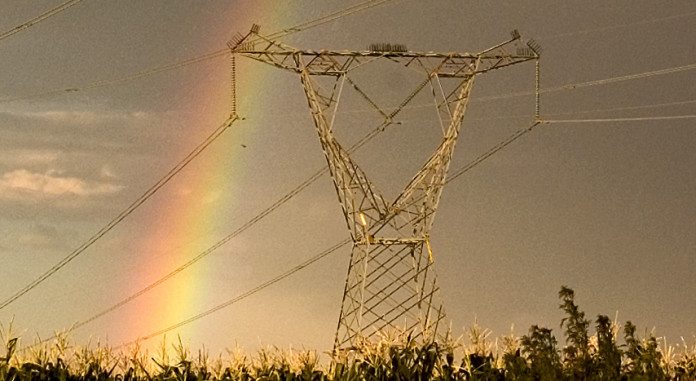
SOUTH African bank Absa is to take an equity stake in an Tanzanian coal-to-power development project which is being built by Kibo Mining, a Johannesburg-listed company.
The stake is in compensation for reduced advisory fees to Kibo and provides Absa with call options over 3.5% of the Mbeya Development Company, the entity that houses Kibo’s operating assets in the east African country.
Absa’s mandate in respect of Kibo Mining is to develop a financial model for the project, assist it in the negotiation and finalisation of the Mbeya Coal to Power Project (MCPP), and develop a funding structure through to close.
The total estimated project cost of the project, which includes a coal mine, infrastructure and the construction of a power station, is between $640 to $760m.
Absa replaces Kibo’s current Standard Bank for the closure of the funding structure. Louis Coetzee, CEO of Kibo Mining, gave no reason why Standard Bank was being replaced.
“We are glad to report that the transition to Absa will be seamless and will not result in any delay or additional budget cost towards completion of the integrated bankable feasibility study for the project,” he said in a statement.
In July, Kibo Mining said it had more than halved the capital expenditure required to build its Mbeya coal mine following a mining definitive feasibility study (MDFS).
Capital has been put at $17m, a 53% reduction over the planned outlay in the pre-feasibility study of the mine. The reduction in capital expenditure was put down to a more efficient mining method and use of the coal which would no longer require washing.
Coal produced from Mbeya will be supplied to a proposed 300MW power station which, together with the mine, comprises the MCPP. There is an option to expand the power plant to 600MW in output. The mine will supply an average 1.5 million tonnes (mt) of coal a year to the power station.
“The significance of the mining method that was developed for the Mbeya coal mine cannot be under-estimated,” said Coetzee at the time.
“This method not only eliminated one of the two biggest environmental risks for the MCPP – eliminating the need to wash the coal – but also reduced the coal requirement by 23% which means substantial cost savings for both the mine and the power plant,” he said. There would be a corresponding reduction in the plant’s overall emissions.
Other findings from the MDFS is that the mine will have an internal rate of return (IRR) of 69.2% which represents an improvement on the previous estimated IRR of 53.9%, and a payback period of 2.4 years compared to a payback of 2.6 years estimated previously in a pre-feasibility report.
The mining method developed for the Mbeya coal mine confirmed that mining will be conducted by modified terrace mining, the company said in its statement. Over burden removal would be through truck and shovel method. The coal seam and inter-burden would be mined by means of mechanised continuous surface mining, it added.
Kibo Mining said in an announcement in April that the total mineral resource of the Mbeya coal mine had increased to 120.8mt, a 10.42% increase over the previously estimated resource of 109.2mt. There had also been a reclassification of the total coal resource into measure resources of 20.9mt.
Last year, Kibo signed a joint development agreement with China’s SEPCO III, an engineering, procurement and construction company, in which the Chinese will provide up to $3m in finance for completion of a $6m definitive feasibility study (DFS).
According to industry estimates, Tanzania has available power capacity of between 700MW and 800MW of which 60% is considered to be reliable. Power demand is expected to grow to over 2,000MW by 2020.











